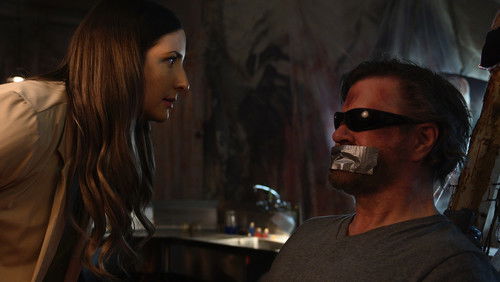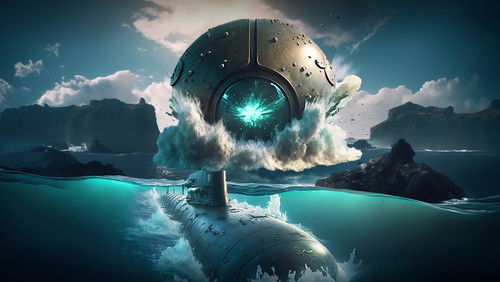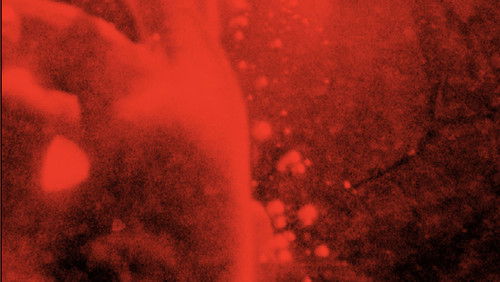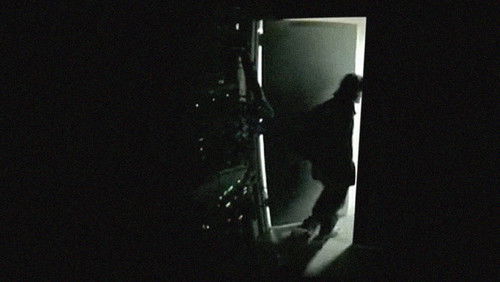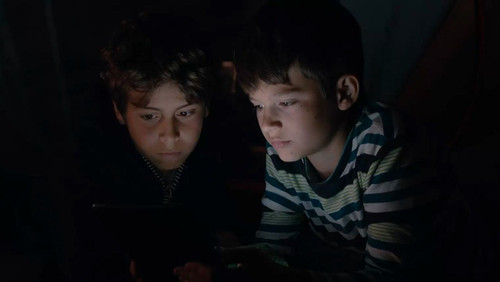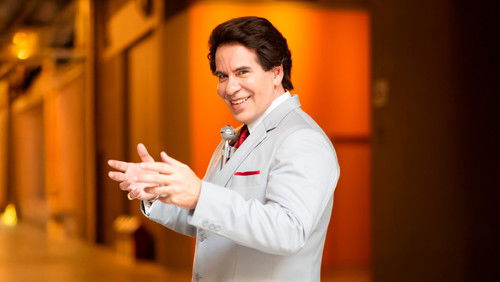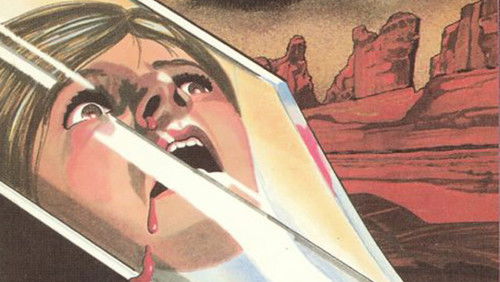The Filth and the Fury (2000)
43KThe Filth and the Fury (2000). 1h 48m | R
“The real story of punk rock will, apparently, never be told. I suppose thatu0026#39;s because most of the surviving participants have too much ego invested; or because, as the years fade, and the original social context disappears, the meaning of Punk – at its inception – becomes harder to decipher and easier to forget.u003cbr/u003eu003cbr/u003eI was in NYC in u0026#39;76, when it was first breaking for the national press, and I hung around CBGBs under a number of pseudonyms, trying to write reviews and articles on bands that nobody ever heard of, many of them breaking up before I could dot the last u0026quot;iu0026quot; in the last paragraph. And I tried out a couple bands of my own, weird blends of Iggy and the Velvet Underground. But I was really an outsider (coming from upstate); and when the London scene started shipping singles over, I knew that, for whatever reason, my heart was really more into u0026quot;Anarchyu0026quot; and u0026quot;White Riotu0026quot; than the metal-surf-music of the Ramones or early Blondie. But this disjunction of u0026#39;right time wrong placeu0026#39; or whatever, allowed me to see the development of Punk in a way others seem content to ignore.u003cbr/u003eu003cbr/u003eThe fundamental problem that Punk never resolved (and current neo-punks are still struggling with it), is, whether Punk was to be a continuance of the u0026quot;counter cultureu0026quot; of the u0026#39;60s in different guise, or just another pop-music for sexually frustrated young people. This sounds like an empty theoretical issue, but it has one all-important concrete aspect to it no one can ignore – money. Did (do) punks make music to make music – or to make money? That question was never answered; or, perhaps, every punk answered (answers) it in his/ her own way. Yet once we begin adding up all the individual answers, most of them sure come out sounding like u0026quot;moneyu0026quot;. Yet the memory of Punk survives largely because it seemed to be about anything other than money; so the dilemma continues.u003cbr/u003eu003cbr/u003eThat dilemma surfaces again in this film, especially in the discovery of the wretched rip-off Pistols manager Malcom McLaren pulled, not only on the audience, but on the Pistols themselves. The brief moments from the (thankfully unfinished) u0026quot;Who Shot Bambi?u0026quot; make it very clear that McLaren had not the slightest clue as to who the Pistols were, or what they represented. Yet he not only continued to guide their career after their break-up, but is warmly mentioned in Griel Marcusu0026#39; scholarly history of Punk, u0026quot;Lipstick Tracesu0026quot;, which will probably bear influence on punk histories, long after the last u0026quot;photo-albumu0026quot; paperback turns to dust. Yet it is clear that from the get-go McLarenu0026#39;s only interest was the profit.u003cbr/u003eu003cbr/u003eThe Pistols were right, and are right, to ignore questions concerning their u0026quot;materialismu0026quot; or u0026quot;selling outu0026quot;, since they were never part of the hippiesu0026#39; u0026#39;anti-materialismu0026#39; ideal to begin with, and because they never denied a desire for some paycheck (which they almost never got from McLaren). But also plain is their desire to make the music of the UK working-class slums from whence they came.u003cbr/u003eu003cbr/u003eAll of this comes to a head in the brief yet unforgettable tragedy of Sid Vicious – for whom music meant freedom, and money meant – heroin. But junky u0026#39;rockstarsu0026#39; donu0026#39;t play at commercial venues to make music. He ended up in NYC, which by then had a punk scene swarming with record-co.-exec vermin dealing dope and poseur sycophants trying to score. Eventually all that was left was the heroin, and it killed him.u003cbr/u003eu003cbr/u003eThis film wonu0026#39;t resolve any of these issues; but it may help raise them, and place them in a proper light. I canu0026#39;t agree that it is a well-made film – the editing, which is very flashy, is also somewhat vapid, and goes out of control too often. But thereu0026#39;s adequate reminder of the era of the Pistols here, and why it was many of us thought, at the time (and still believe) that the Pistols were the most important rock band in history.u003cbr/u003eu003cbr/u003eThe segment from the final performance at Winterland is worth the price of the film: same-old same-old music concerts are u0026quot;no funu0026quot; and Jones and Rotten (knowing theyu0026#39;ve been betrayed by McLaren into performing for the corporate music world they hated) rub our noses in it until theyu0026#39;ve had enough and stalk off. If you can see this – and know what itu0026#39;s about – and still pay $200 to see Mick Jagger pull his wrinkled pud at you at the age of 65, you donu0026#39;t need a movie review, you need a psychiatrist.”
